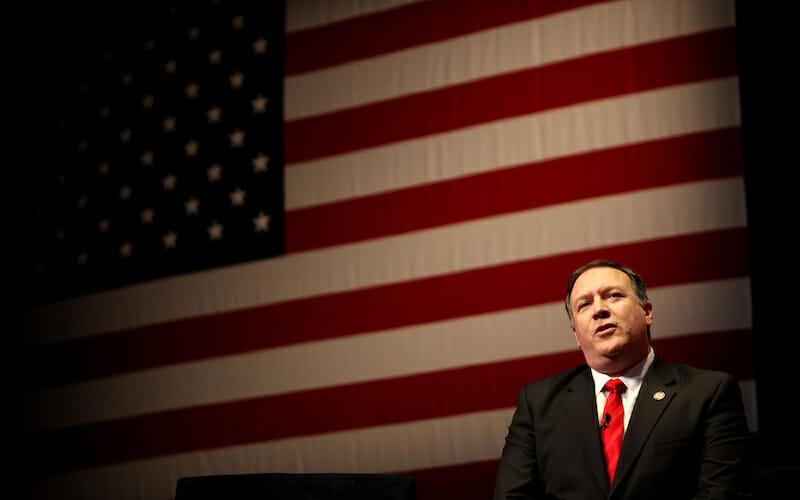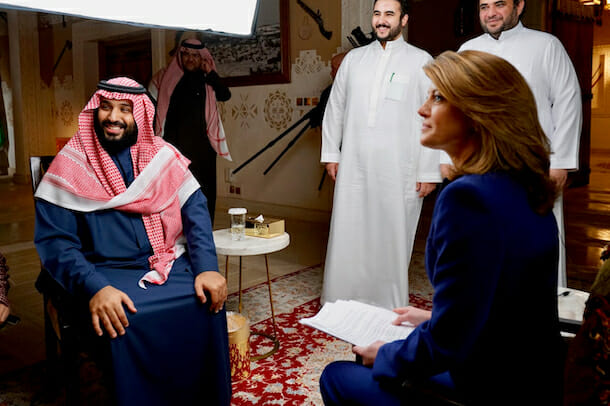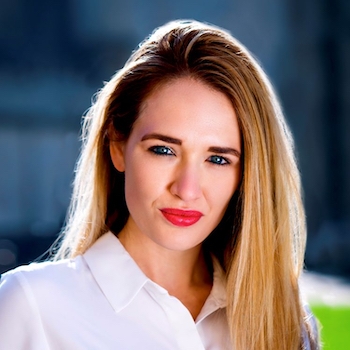
With Pompeo as new Secretary of State, Saudi Arabia and Israel will likely Increase Demands to Dismantle Iranian Nuclear Deal
If confirmed, Mike Pompeo, US President Donald Trump’s pick to replace Rex Tillerson as secretary of state, promises to conduct a more hawkish Iranian diplomacy. Pompeo, in contrast to Tillerson, has been vocal in his criticism of the Iran nuclear deal, describing it as a disastrous deal. While recent reports have been quick to point out that the US president will find a like-minded ally on the Iran deal in CIA Director Pompeo, the nominated secretary of state will lend further credence to repeated calls by Israeli and Saudi officials to end Tehran’s expanding regional influence and “radical tyranny.” The confluence of regional geostrategic interests, moreover, will likely lead to an increased willingness for public diplomatic engagement between Israel and the Gulf Cooperation Council’s (GCC) dominant power under Washington’s tacit support for a normalization of GCC-Israeli relations.
While the unceremonious ousting of Tillerson is a further testament to Trump’s inability to head a stable administration, it is bound to cause delight to two former Middle East archenemies – Israel and Saudi Arabia. Tillerson, unlike Pompeo, was never considered an ardent supporter of Israel. Some pro-Israeli analysts even eyed the former Exxon Mobil chief executive with suspicion due to his extensive business contacts in the Arab world. And when Trump defended his decision to relocate the US embassy to Jerusalem and recognise the city as Israel’s capital, Tillerson offered a more cautious approach, stating that any final decision on the status of Jerusalem would depend on negotiations between the Israelis and Palestinians.
For Saudi Arabia, the now-dismissed Tillerson similarly proved a less-than-adequate American counterpart. Tillerson repeatedly expressed suspicion over Saudi and UAE demands to end the boycott on their GCC-neighbour Qatar. Leaked emails obtained by the BBC exposed Emirati attempts to remove Tillerson, and it was revealed that US businessman Elliott Broidy, a large donor to Trump’s campaign who maintains close ties to the UAE, met with Trump in October in an attempt to oust Tillerson.
Although Pompeo’s sentiments on the Gulf crisis remain unclear, he has a record of being a fierce critic of the Iran nuclear deal both as a member of Congress and, subsequently, as CIA director, a stance he shares with Saudi Crown Prince Mohammed bin Salman, also known by his initials, MbS, and Israeli Prime Minister Benjamin Netanyahu. In November 2016, Pompeo declared on his Twitter account that he “look[ed] forward to rolling back this disastrous deal with the world’s largest state sponsor of terrorism.” In a similar vein, Pompeo told the Washington-based neoconservative think tank Foundation for Defense of Democracies (FDD) in October of the same year that in order to confront the Iranian threat, it would be incumbent upon the US to reconfigure its relationship with the Gulf states and Israel.

The alignment of foreign policy interests between the Gulf and Israel is, of course, not a recent development. In recent years, we have witnessed a heightening in encounters in the cultural, diplomatic, and media spheres. This geostrategic synergy was invoked by the Israeli prime minister during World Economic Forum in Davos and, more recently, by the former Israeli ambassador to the United Nations, Dore Gold, during a presentation on Jerusalem at the US Senate on Tuesday, with the latter expressing hope that bilateral relations would soon be conducted more openly in order to effectively confront the Iranian threat.
Saudi Arabia, for its part, seems less willing to publicly acknowledge what Middle East analysts have long considered an open secret. Reports by Agence France-Presse that the Saudi crown prince made a secret visit to Tel Aviv in September were refuted by the kingdom. A report published by Haaretz claiming that Saudi Arabia had granted an historic approval to Air India to use Saudi air space for flights to and from Israel – and thereby ending a 70-year ban – was equally denied.
Nevertheless, it appears that Saudi Arabia and its GCC allies appear willing to establish better relations with Tel Aviv despite a lack of progress on the Palestinian peace process, as this alliance would constitute an additional – and powerful – weapon in the struggle against their regional rival. It is in this particular light that comments made by MbS in an upcoming “60 Minutes” interview take on additional significance. Reiterating his comparison of the Ayatollah Khamenei to “the new Hitler of the Middle East,” the crown prince vows to counter an Iranian threat to ensure that the “same events” that happened in Europe do not occur in the Middle East. Words that could have been said – and indeed have been said – by MbS’s Israeli counterpart, forming a reminder that in today’s Middle East the enemy of my enemy is worth courting, even indirectly.

